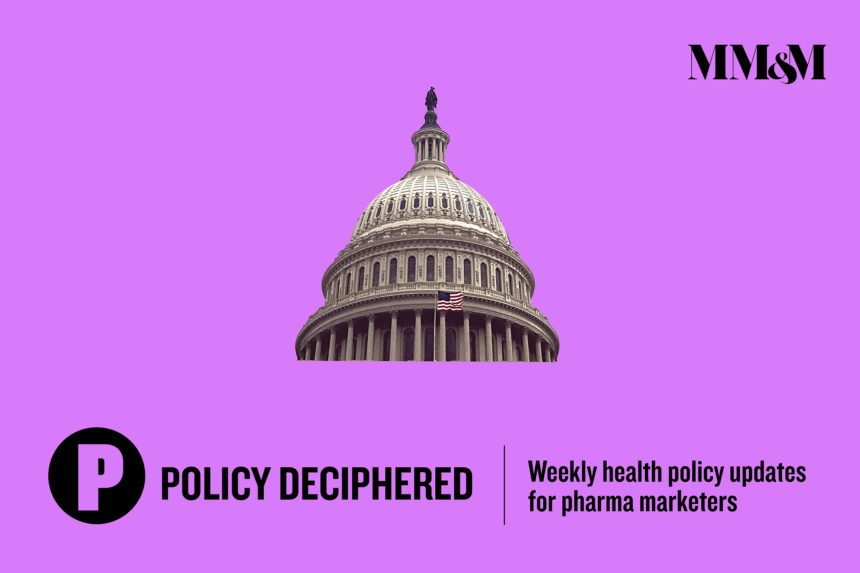Recent changes at the United States Postal Service (USPS) don’t only raise concerns about mail-in voting, many patients rely on the post office to receive critical medications.
A House of Representatives subcommittee on health began an investigation this week into how the changes may affect prescription deliveries. The House Energy and Commerce Health Subcommittee is starting the investigation by talking to online pharmacies, pharmacy benefit managers and trade groups about the impacts of the USPS delays.
“These delays are troubling across the board, but especially during a time when Americans are increasingly relying on mail services as a result of the COVID-19 pandemic,” committee leaders said in a statement. “At a time when the nation’s public health is already under significant threat, we’re deeply concerned and plan to investigate the impacts the Administration’s changes are having on the delivery of lifesaving prescription drugs to patients.”
Other lawmakers have raised concerns about delayed prescription deliveries in the past week and are calling on the USPS to reverse the changes.
Advocacy groups like AARP have publicly opposed the postal service changes because of the effect on prescription drug delivery.
Online pharmacies have boomed in recent years. Startups like Hims, Ro and Nurx have made telehealth and mail-order pharmacies as trendy and modern as fashion delivery services.
Recently, Ro, which operates men’s health brand Roman, women’s health brand Rory and smoking cessation brand Zero, was valued at $1.5 billion after its latest round of funding. Competitor Hims and Hers were valued at about $1 billion in late 2019.
The recent cuts and organizational changes to the USPS have caused a nationwide mail slowdown. But as the backlash grew about the slowdown’s effect on election mail, Postmaster General Louis DeJoy walked back on the changes.
DeJoy announced on Tuesday that the USPS changes would be suspended until after the elections in November “to avoid even the appearance of any impact on election mail,” the statement read.
However, if the changes at the USPS go back into effect after November 3, patients may face the same delays on their prescriptions by mail.








